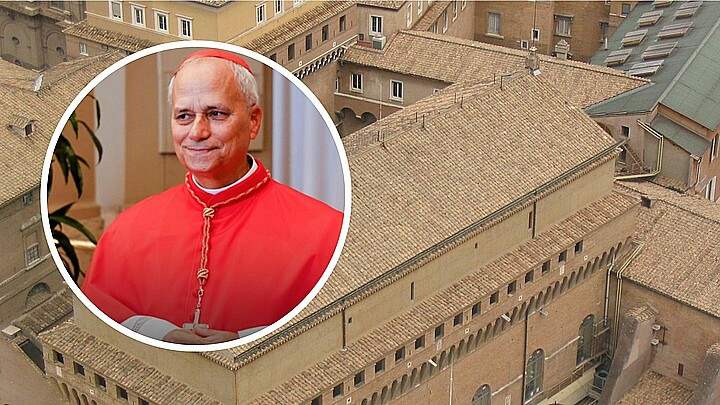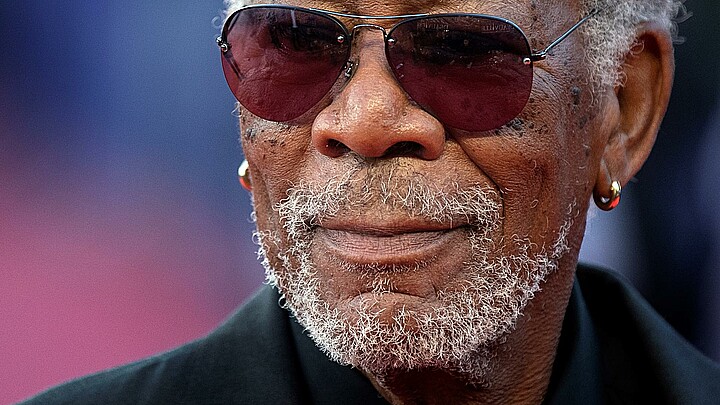Culture
Most Americans are still Christian despite drop in church attendance
“While the state of religion is continually changing, our study found that the majority of Americans still hold core religious beliefs and draw moral guidance from their families and their faith traditions,” the head of Deseret National said in a news release
April 18, 2022 1:57pm
Updated: April 18, 2022 1:58pm
From the earliest days of the United States’ founding, Americans have been known throughout the world as a deeply religious people.
In a recent poll conducted by the Marist College Poll, researchers found that 54% of Americans believe in the Biblical God and seven out of ten respondents said they considered themselves to be spiritual regardless of whether they practice a religious faith.
“While the state of religion is continually changing, our study found that the majority of Americans still hold core religious beliefs and draw moral guidance from their families and their faith traditions,” Hal Boyd, executive editor of Deseret National, said in a news release.
Even today, about three in four Americans say they identify with a specific religious faith – with 69% of those polled identifying with a Christian denomination.
But a recent Gallup poll shows that religiosity in the United States has declined in recent years and 21% of those polled in 2021 said they have no religious preference compared to 4% in in 1971 – a shift that has caused analysts to suggest that “much of the change in the U.S. has been a shift away from Christian religions to no religion at all.”
According to the data, fewer Americans are actively going to church these days – and church membership has dropped below 50% for the first time in eight decades. In 2020, for example, only 47% of Americans said they belonged to a church, synagogue or mosque compared to 70% in 1999.
Although church membership in the U.S. hovered around 70% since the 1930s, that number has steadily declined in recent years. In fact, the number of Americans who say they do not identify with any religion has grown from approximately 8% in 1999 to over 20% since 2020.
That is not to say the numbers tell the whole story.
There are, after all, those who do identify with a religion but choose not to attend services. This is especially common with younger generations who are less likely than their older generational counterparts to participate in services or identify with a religion.
While only 36% of millennials say they attend religious services, a whopping 60% of boomers attend church and identify with a religion.
Yet the numbers are going down across the board – even for those in older generations. Gallup found, however, that declines in church membership are proportionately smaller among political conservatives as well as married adults and college graduates.
Today, membership appears to be highest among those groups, people who live in the South and Black adults.










